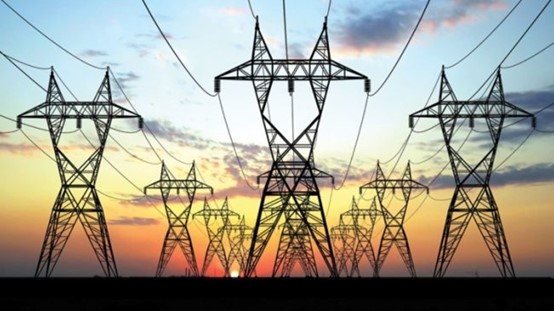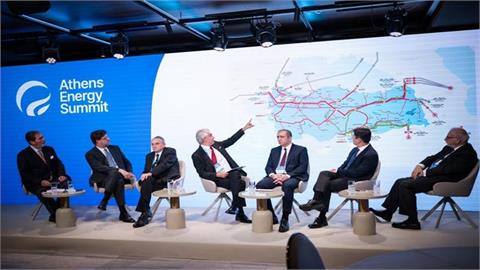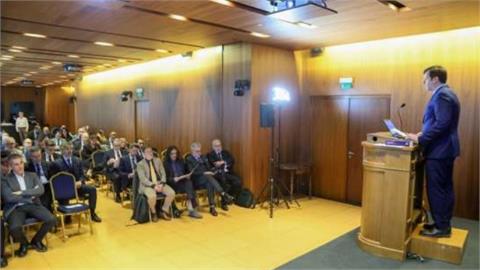IENE has just published a Strategy Report, prepared by the Institute’s Research Unit, which highlights the Electricity Market Reform process now undertaken by the European Commission. The report also discusses the need for decoupling wholesale electricity and natural gas prices following recent interventions by several European governments to impose price ceilings in order to protect consumers from steep rises in electricity bills.
IENE has just published a Strategy Report, prepared by the Institute’s Research Unit, which highlights the Electricity Market Reform process now undertaken by the European Commission. The report also discusses the need for decoupling wholesale electricity and natural gas prices following recent interventions by several European governments to impose price ceilings in order to protect consumers from steep rises in electricity bills.
The European Commission is currently evaluating the existing design of the electricity market, as electricity prices in Europe persist at especially high levels. According to the Commission, the current market design appears to be inadequate in meeting the demands of the industry and also fails to guarantee competitive pricing for consumers.
The European Union is currently undertaking a comprehensive reform of the electricity market following the turmoil of the energy crisis, which has been exacerbated by Russia's war in Ukraine. The EU aims to implement a deep and comprehensive reform that will improve the market’s design and ensure competitive prices for consumers. The reform measures include placing a cap on electricity producers’ profits, which would save €140 billion if implemented today and result in lower prices for consumers.
According to industry sources, the spot electricity market currently allocates efficiently capacity and signals energy scarcity, incentivizing investment in renewable energy sources (RES) and natural gas. Hence, many industry leaders believe that a reform is necessary. However, adjustments are needed in Europe’s electricity markets to prevent ongoing capacity shortages and subsequent price crises. In Greece’s domestic electricity market, significant interventions have already been carried out since July of last year:
- In the wholesale market, a price ceiling per electricity generation technology has been introduced since July 2022.
- In the retail market, electricity suppliers are obliged from August 2022 to offer fixed monthly tariffs for customers and publish them on the 20th of each month. Throughout the duration of this measure, customers can switch suppliers without any early exit penalty.
- From November 1, 2022, an additional levy of €10/MWh has been imposed on the quantities of natural gas used for the production of electricity.
The implementation of the aforementioned measures and state interventions through direct subsidies to consumers has resulted in the normalization of the market’s operating conditions and reduced prices for consumers.
It is important to highlight that on March 14th, the European Commission unveiled its legislative proposal for the reform of the European electricity market. IENE actually participated in the relevant public consultation. The reform is expected to involve actions such as separating gas and electricity prices, increasing investment in renewable energy sources and storage, and facilitating the adoption of long-term contracts like PPAs and CfDs by industry and large enterprises.
According to IENE’s latest Strategy Report, such a market model is considered necessary for the stability of consumer prices and the mitigation of the effects of sharp and large increases in natural gas prices. Also, the Report points out that European industry needs a fully functioning market with sufficient liquidity, removing administrative barriers and incentivizing long-term contracts in order to secure low-cost energy and become competitive.
You may read the complete IENE’s Strategy Report here.




